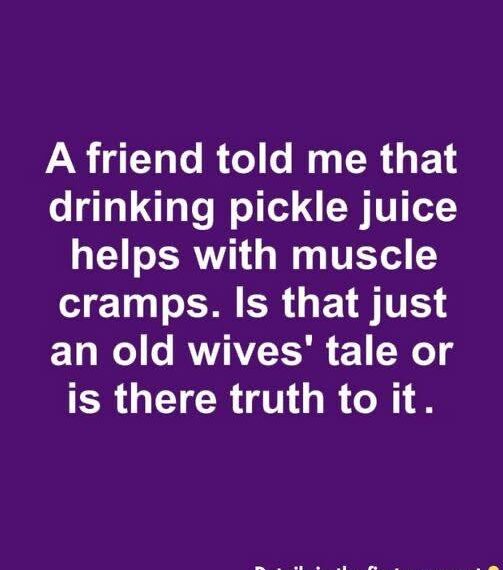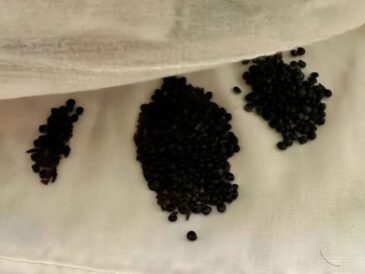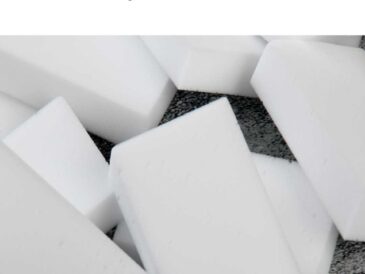4. Not Just for Athletes
A small clinical trial (Journal of Athletic Training, 2014) suggested that pickle juice could also help people prone to night cramps or age-related muscle spasms, though more research is needed outside of sports contexts.
Potential Downsides
- High sodium content: Pickle juice is very salty, which may be problematic for people with high blood pressure or kidney issues.
- Stomach irritation: The vinegar content may cause discomfort or acid reflux in some individuals.
- Limited research: While early studies are promising, more large-scale trials are needed to confirm its effectiveness for the general population.
How Much Pickle Juice Should You Drink?
Sports science research suggests that drinking 1–2 ounces (about 30–60 ml) of pickle juice at the onset of a cramp is enough to provide relief—without overloading on sodium. Drinking the entire jar is not recommended.
Other Remedies for Muscle Cramps
While pickle juice is a fascinating option, there are other evidence-based strategies to prevent and relieve cramps:
- Stay hydrated: Dehydration is a common trigger.
- Stretch regularly: Especially after workouts or before bed.
- Maintain electrolyte balance: Through bananas (potassium), leafy greens (magnesium), or sports drinks.
- Warm up before exercise: Cold muscles are more prone to spasms.
Conclusion
So, is drinking pickle juice for muscle cramps a myth? Not at all. While it may sound strange, scientific studies show that pickle juice can relieve cramps faster than water, likely through a neurological reflex rather than just electrolyte replenishment. However, it should be consumed in moderation, especially for those sensitive to salt.
Next time a cramp hits, reaching for a small glass of pickle juice might just be the quick fix you need—backed not only by tradition but also by science.





